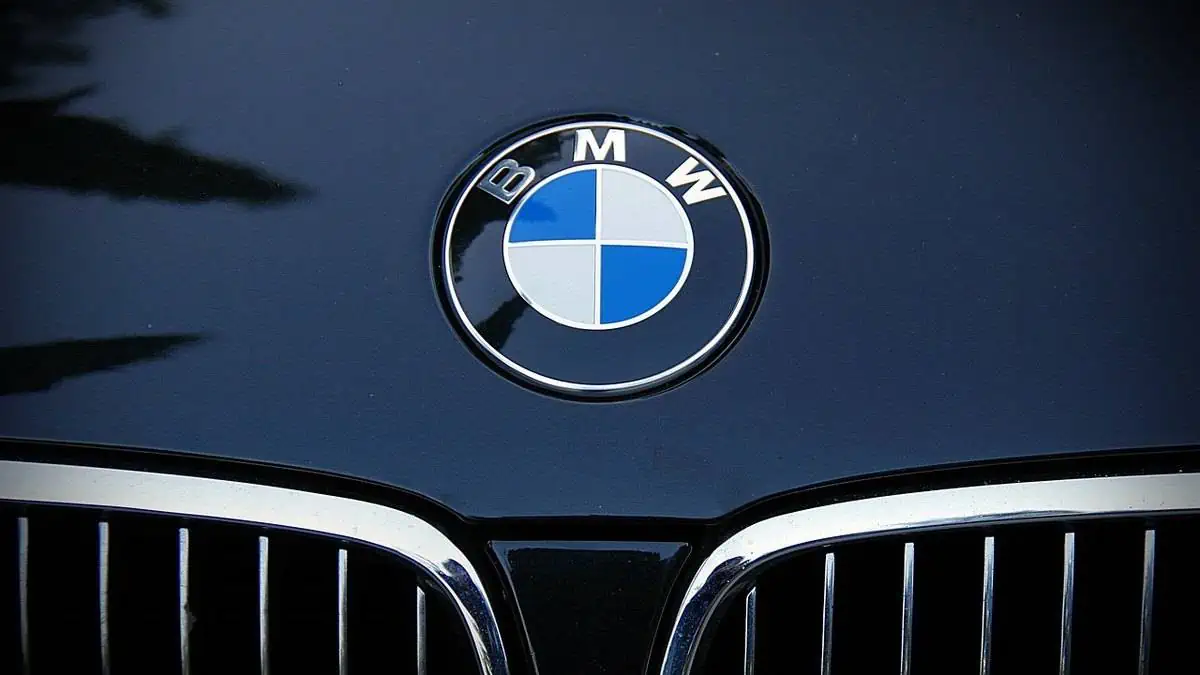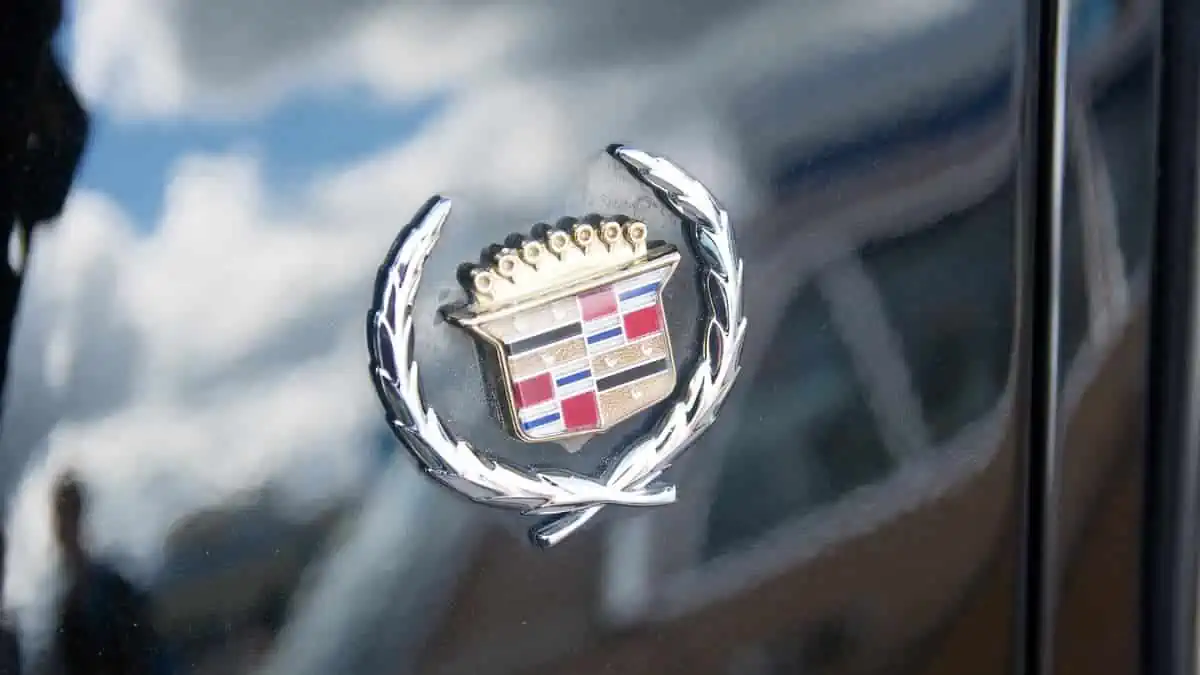German legacy automaker BMW has just announced plans to spend over €100 million ($106 million) to develop its new battery testing in the Wackersdorf site through 2026.
According to the press release, integrating the new battery testing facility into the existing Wackersdorf site (built in the 1980s) is crucial to the company’s electrification push.
Project details
As mentioned, BMW will allocate more than €100 million until 2026 to erect a new battery testing hub in Wackersdorf, Schwandorf, in Bavaria.
The German automaker plans to integrate the new facility into the existing building structures of the Wackersdorf Innovation Park.
For context, BMW currently uses the site to produce cockpits and package vehicle parts to support its overseas operations.
The new facility will have a coverage area of 8,442 square meters (90,868 square feet). It will test high-voltage batteries and various electric powertrain parts for its next-gen models early in development ahead of official production.
“The BMW Group’s Wackersdorf location is set to become a major facilitator for the transformation towards electromobility. In addition to supplying our overseas plants, cockpit production and, from 2024, door production for Rolls-Royce models, this will become Wackersdorf’s fourth main area of activity. This, in turn, strengthens our location’s future viability.”
BMW’s Site Manager Christoph Peters
Timeline
Most of the investment will go into developing a test bench and the crucial infrastructure upgrades to accommodate the new hardware.
BMW Blog noted that the team started the development at the site by converting the reprocessing area in the 1980s to a battery testing facility. It includes the installation of a new floor slab for the upgraded building.
Meanwhile, it will commence the first batch of battery testing by mid-2024. The cells will undergo certain assessments early in the development phase. The company will track the individual cells’ electrical capacities in various conditions of charging/discharging. The initial testing will involve just several hundred cells before expanding to several thousand, BMW stated.
By 2025, the new facility will start validating the electric vehicle models’ before they undergo series production. The batteries will undergo the necessary testing, including shock and vibration. It will also assess the batteries’ endurance by simulating charging /discharging processes and driving patterns.
“Tests like these are essential for type approval of electric vehicles. In some cases, country-specific tests must also be completed. Capacity for such tests in the free market is currently limited – which is why the BMW Group is creating its own capacity with the new battery testing centre in Wackersdorf.”
BMW Group
See Also:
- Ford, Honda, and BMW to form a new V2G company to decarbonize the grid
- BMW to spend £600M on its Oxford Mini factory in the UK
- BMW to deliver cheaper EVs in Australia by late 2023 to early 2024
- BMW unveils next-gen EV model to compete with Tesla and BYD
- BMW to exhibit a lineup of only EVs at the 2023 Munich Motor Show
BMW Group has yet to clarify if the new facility will also get to test its current battery cells or the Neue Klasse models’ upcoming round cells. Nonetheless, this major investment is crucial for the automaker’s wider plan of converting the conventional site in eastern Bavaria. The new battery testing center will also guarantee the future competitiveness and safety of BMW’s next-gen EVs.






